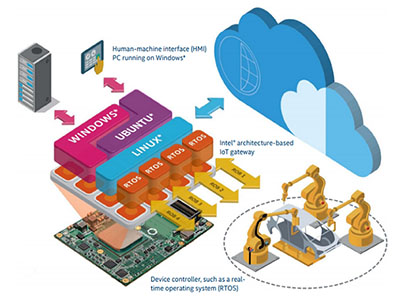Real-Time Systems
Module ID
Ε604
Semester
6
Hours/Week - ECTS
4 – 5

Petros Lampsas
Professor
Learning Outcomes
Upon successful completion of the course, the student will be able to:
- recognize the characteristics of applications and Real-time Systems.
- describe the characteristics of Real-time Operating Systems (RTOSs).
- describe resource allocation mechanisms in Real-Time Systems.
- report static and dynamic scheduling algorithms in real-time systems (Real-time Scheduling) as well as Schedulability Analysis algorithms.
- report the capabilities that local area networks and the Internet provide in real-time application communication.
- analyze the requirements of a real-time application and determine the appropriate application development environment at the hardware and software level.
- design and develop small real-time applications on the MCUs available in the lab.
Indicative Module Content
- Introduction to Real Time Systems.
- Categories and examples of real-time systems.
- Introduction to microcontroller units (MCUs).
- Microcontroller programming, I/O management, timing, and interrupt management.
- Multi-processing and scheduling techniques in embedded systems.
- MCU interface with analog signals and sensors.
- Real Time Operating Systems (RTOS):
- scheduling algorithms in real-time operating systems.
- communication between processes, priority management, timing control.
- resource allocation mechanisms.
- Case study: the FreeRTOS real-time operating system.
- Wireless Sensor Networks, Internet of Things (IoT).
- Case studies.

